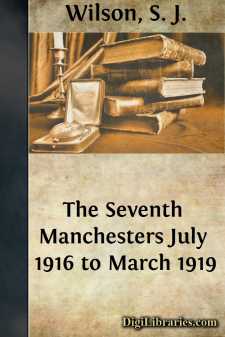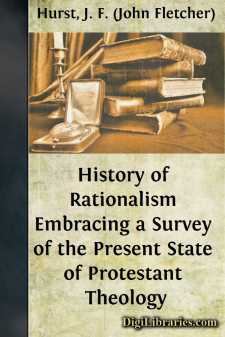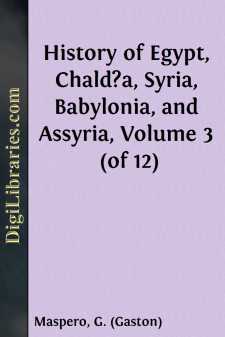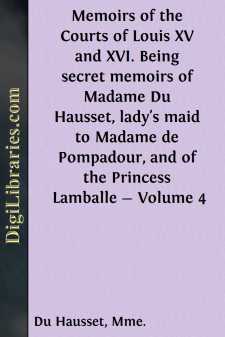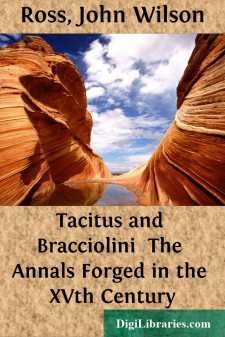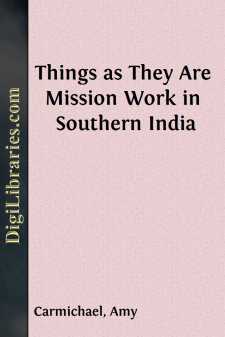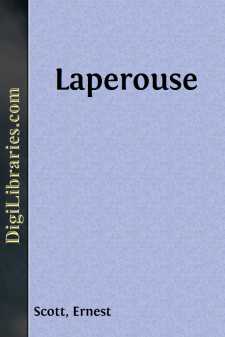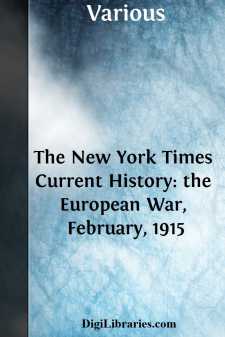History
- Africa 30
- Americas (North Central South West Indies) 50
- Ancient 68
- Asia 58
- Australia & New Zealand 8
- Canada 41
- Caribbean & West Indies 1
- Civilization 20
- Eastern Europe 12
- Europe 310
- Expeditions & Discoveries 60
- General 77
- Historical Geography 1
- Jewish 9
- Latin America 3
- Medieval 8
- Middle East 13
- Military 248
- Revolutionary 8
- Study & Teaching 5
- United States 353
- Western Europe 56
- World 13
History Books
Sort by:
by:
S. J. Wilson
CHAPTER I. Holding up the Turk. In September, 1914, the 7th Bn. Manchester Regiment set out for active service in the East in goodly company, for they were a part of the 42nd (East Lancashire) Division, the first territorials to leave these shores during the Great War. After many interesting days spent on garrison duty in the Sudan and Lower Egypt they journeyed to Gallipoli soon after the landing had...
more...
PREFACE. There were no prefatory remarks to the first and second editions of the following work. It was thought, when the printer made his final call for copy, that a preface might be written with more propriety if the public should indicate sufficient interest in the book to make its improvement and enlargement necessary. That interest, owing to the theme rather than the treatment, has not been...
more...
CHAPTER I—ANCIENT CHALDÆA The Creation, the Deluge, the history of the gods—The country, its cities its inhabitants, its early dynasties. "In the time when nothing which was called heaven existed above, and when nothing below had as yet received the name of earth,* Apsu, the Ocean, who first was their father, and Chaos-Tiâmat, who gave birth to them all, mingled their waters in one, reeds...
more...
by:
Mme. Du Hausset
"The accession of Louis XVI. and Marie Antoinette to the crown of France took place (May 10, 1774) under the most propitious auspices! "After the long, corrupt reign of an old debauched Prince, whose vices were degrading to himself and to a nation groaning under the lash of prostitution and caprice, the most cheering changes were expected from the known exemplariness of his successor and the...
more...
by:
John Wilson Ross
CHAPTER I. TACITUS COULD BARELY HAVE WRITTEN THE ANNALS. I. From the chronological point of view.—II. The silence preserved about that work by all writers till the fifteenth century.—III. The age of the MSS. containing the Annals. I. The Annals and the History of Tacitus are like two houses in ruins: dismantled of their original proportions they perpetuate the splendour of Roman historiography, as...
more...
by:
James Buchanan
Fellow-Citizens of the Senate and House of Representatives: In obedience to the command of the Constitution, it has now become my duty "to give to Congress information of the state of the Union and recommend to their consideration such measures" as I judge to be "necessary and expedient." But first and above all, our thanks are due to Almighty God for the numerous benefits which He has...
more...
LAKE OF TACARIGUA. HOT SPRINGS OF MARIARA. TOWN OF NUEVA VALENCIA DEL REY. DESCENT TOWARDS THE COASTS OF PORTO CABELLO. The valleys of Aragua form a narrow basin between granitic and calcareous mountains of unequal height. On the north, they are separated by the Sierra Mariara from the sea-coast; and towards the south, the chain of Guacimo and Yusma serves them as a rampart against the heated air of...
more...
by:
Amy Carmichael
I have felt for many years that we missionaries were far too prone to dwell on what is called the "bright side of mission work." That it has a bright side no one can question. That it has a "dark" side some do question; but I for one, after thirty years of experience, know it to be just as true as the bright side is true. I have heard Miss Carmichael's book denounced as...
more...
by:
Ernest Scott
Chapter I. Jean-Francois Galaup, Comte De Laperouse, was born at Albi, on August 23, 1741. His birthplace is the chief town in the Department of Tarn, lying at the centre of the fruitful province of Languedoc, in the south of France. It boasts a fine old Gothic cathedral, enriched with much noble carving and brilliant fresco painting; and its history gives it some importance in the lurid and exciting...
more...
by:
Various
AT this moment, when your countrymen and ours are alike facing death for the deliverance of Europe, we Englishmen of letters take the opportunity of uttering to you feelings which have been in our hearts for many years. You yourselves perhaps hardly realize what an inspiration Englishmen of the last two generations have found in your literature. Many a writer among us can still call back, from ten or...
more...


